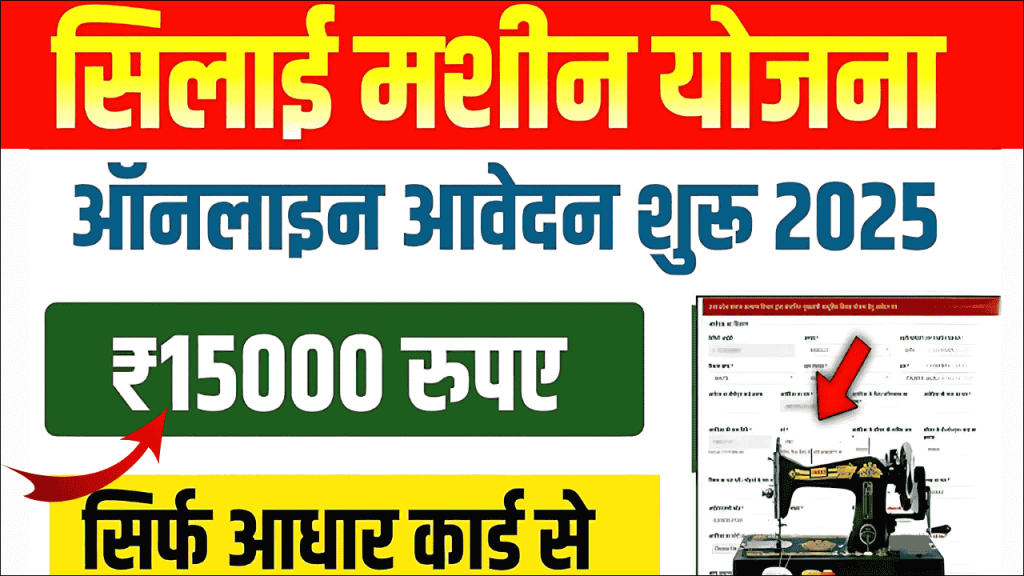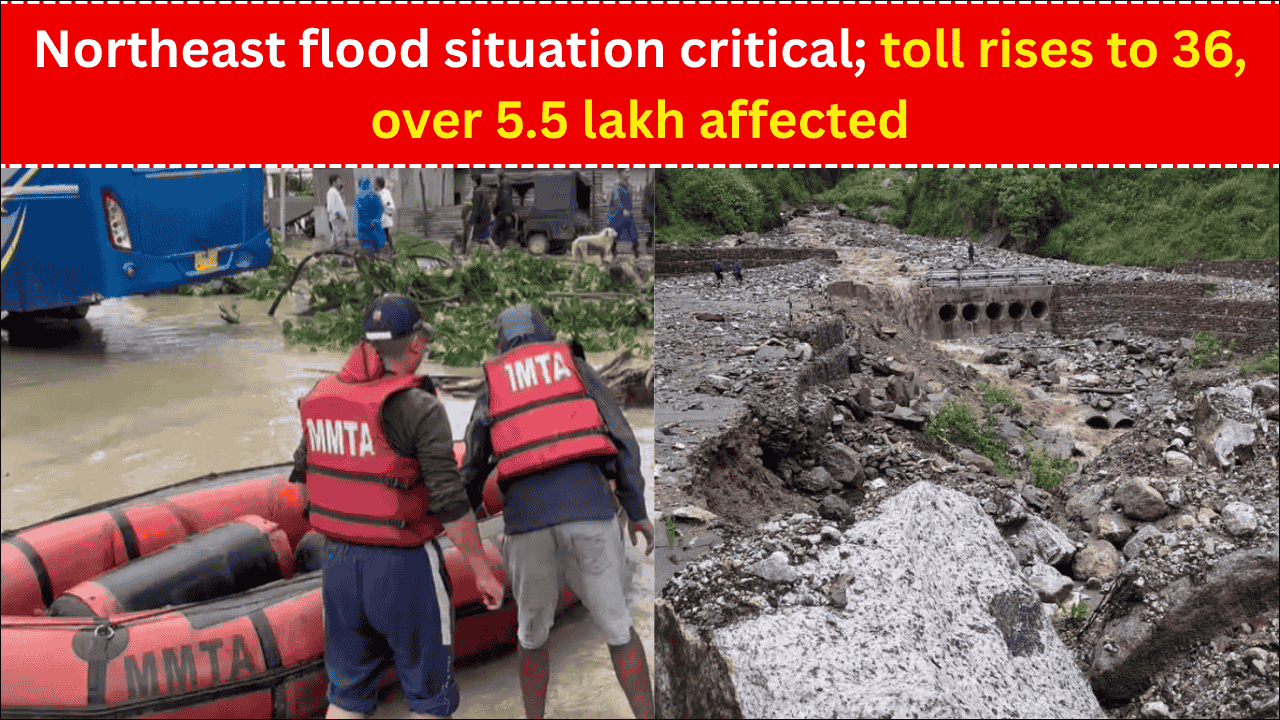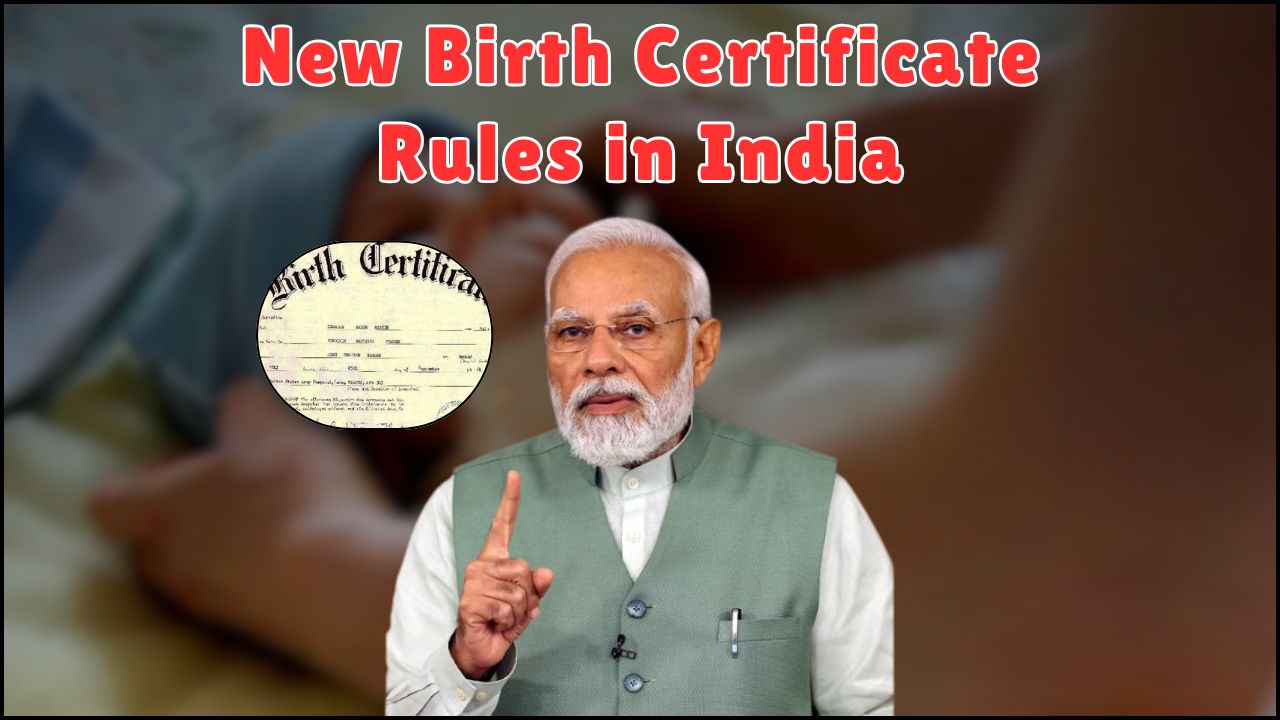
The Government of India continues to demonstrate its commitment to empowering traditional artisans and skilled workers through innovative welfare schemes. Among these initiatives, the Free Sewing Machine Scheme under the Pradhan Mantri Vishwakarma Yojana stands out as a beacon of hope for women and traditional tailors across the country. This comprehensive program not only provides financial assistance but also ensures skill development and sustainable livelihood opportunities for beneficiaries.
Table of Contents
Understanding the PM Vishwakarma Yojana Framework
The Pradhan Mantri Vishwakarma Yojana represents a flagship initiative of the central government designed to support traditional craftsmen and skilled workers who possess ancestral skills but lack modern resources and financial backing. This scheme recognizes the invaluable contribution of traditional artisans to India’s cultural heritage and economic fabric.
The Free Sewing Machine Scheme operates as a specialized component within this broader framework, specifically targeting individuals skilled in tailoring, embroidery, and related textile crafts. The program acknowledges that many talented individuals, particularly women in rural and semi-urban areas, possess excellent sewing skills but cannot afford the equipment necessary to establish their own enterprises.
Comprehensive Benefits and Support Structure
| Benefit Category | Details | Amount/Duration | Delivery Method |
|---|---|---|---|
| Training Program | Free skill development training | 10-15 days | District-level centers |
| Daily Allowance | Training period support | ₹500 per day | Direct bank transfer |
| Equipment Support | Free sewing machine OR financial assistance | Machine or ₹15,000 | Direct benefit transfer |
| Certification | Skill validation certificate | Upon completion | Official documentation |
| Follow-up Support | Business guidance and mentoring | 6 months | Local coordinators |
Financial Assistance Structure
The scheme provides dual support mechanisms to ensure maximum benefit reach:
Direct Equipment Provision: In areas where logistics permit, the government directly provides high-quality sewing machines to beneficiaries. These machines come with warranty coverage and basic accessories necessary for immediate use.
Financial Assistance Option: Where direct equipment distribution faces challenges, beneficiaries receive ₹15,000 directly in their bank accounts through the Direct Benefit Transfer (DBT) system. This amount allows recipients to purchase sewing machines according to their specific requirements and local availability.
Detailed Eligibility Criteria and Requirements
| Eligibility Parameter | Requirement | Documentation Needed |
|---|---|---|
| Citizenship | Indian citizen | Aadhaar Card, Voter ID |
| Skill Level | Basic to intermediate sewing knowledge | Skill demonstration |
| Annual Income | ₹2.5 lakh or below | Income certificate |
| Employment Status | No permanent employment | Self-declaration |
| Property Ownership | No significant private property | Property declaration |
| Bank Account | Active bank account with Aadhaar linking | Bank passbook |
Income and Asset Verification
The scheme specifically targets economically disadvantaged individuals who genuinely need government support to establish their livelihoods. The annual income ceiling of ₹2.5 lakh ensures that assistance reaches those who cannot afford to invest in sewing equipment independently.
The requirement for no significant private property ownership prevents affluent individuals from misusing the scheme while ensuring genuine beneficiaries receive support. This criterion helps maintain the scheme’s integrity and focuses resources on those who need them most.
Training Program and Skill Development
Comprehensive Training Module
The training component represents a crucial aspect of the scheme, going beyond merely providing equipment to ensure sustainable livelihood creation. The 10-15 day intensive training program covers:
Technical Skills Enhancement: Participants learn advanced sewing techniques, pattern making, and finishing methods that improve product quality and market competitiveness.
Business Management: Training includes basic entrepreneurship skills, customer relationship management, pricing strategies, and financial planning to help beneficiaries establish successful micro-enterprises.
Quality Control: Emphasis on maintaining consistent quality standards that meet market demands and customer expectations.
Modern Techniques: Introduction to contemporary sewing methods and design trends that align with current market preferences.
Financial Support During Training
The daily allowance of ₹500 during the training period serves multiple purposes:
- Income Continuity: Ensures participants don’t lose daily earnings while attending training
- Transportation Support: Covers travel costs to training centers
- Material Costs: Helps purchase practice materials and supplies
- Family Support: Maintains family financial stability during training period
Target Demographics and Social Impact
Primary Beneficiaries
Rural Women: The scheme particularly benefits women in rural areas who possess traditional sewing skills but lack access to modern equipment and market opportunities. These women can establish home-based enterprises that provide flexible income sources while managing household responsibilities.
Urban Slum Dwellers: Women and skilled individuals in urban slums gain opportunities to start small businesses without significant initial investment, improving their economic status and social mobility.
Traditional Tailors: Hereditary tailors and craftspeople receive support to modernize their operations and expand their customer base through better equipment and enhanced skills.
Socio-Economic Benefits
| Impact Area | Expected Outcomes | Long-term Benefits |
|---|---|---|
| Women Empowerment | Financial independence, skill recognition | Leadership roles, community influence |
| Rural Economy | Local employment, reduced migration | Sustainable development, talent retention |
| Traditional Crafts | Skill preservation, modernization | Cultural heritage maintenance |
| Family Welfare | Improved household income | Better education, healthcare access |
Application Process and Documentation
Step-by-Step Application Guide
Online Registration: Candidates must first register on the official PM Vishwakarma Yojana portal using valid mobile numbers and email addresses. The registration process includes identity verification through OTP authentication.
Profile Creation: After registration, applicants create detailed profiles including personal information, skill levels, and economic status. This profile serves as the basis for eligibility assessment.
Document Upload: Required documents must be uploaded in specified formats and sizes. The system automatically verifies document authenticity through government databases.
Application Submission: Complete applications are submitted online and receive unique tracking numbers for status monitoring.
Verification Process: Local officials verify submitted information and conduct skill assessments where necessary.
Required Documentation Checklist
- Identity Proof: Aadhaar Card (mandatory), Voter ID, or Passport
- Address Proof: Utility bills, rent agreement, or property documents
- Income Certificate: Issued by competent authority within last 6 months
- Bank Details: Account number, IFSC code, and passbook copy
- Skill Certificate: Any existing certification or demonstration capability
- Photographs: Recent passport-size photographs in digital format
Implementation Challenges and Solutions
Infrastructure Development
The scheme faces challenges in reaching remote areas with adequate training infrastructure. The government addresses this through mobile training units and partnership with local NGOs and self-help groups.
Quality Assurance
Ensuring consistent training quality across different regions requires standardized curricula and certified trainers. Regular monitoring and feedback mechanisms help maintain program standards.
Market Linkage
Connecting trained beneficiaries with market opportunities remains crucial for scheme success. The program includes components for market linkage and product promotion through government e-commerce platforms and local exhibitions.
Success Stories and Impact Assessment
Early implementation results show significant positive impacts on beneficiary communities. Women report increased household income, improved social status, and enhanced self-confidence. Many participants have successfully established small businesses that support multiple family members.
The scheme has particularly succeeded in preserving traditional sewing and embroidery techniques while introducing modern business practices. This combination ensures cultural preservation alongside economic development.
Future Expansion and Sustainability
The government plans to expand the scheme’s reach through increased budget allocation and improved infrastructure development. Integration with other skill development programs and market linkage initiatives will enhance long-term sustainability.
Digital platforms and e-commerce integration will provide beneficiaries with broader market access, enabling them to reach customers beyond their immediate geographical areas.
Financial Planning and Business Development
Beneficiaries receive guidance on establishing sustainable micro-enterprises including:
- Cost Calculation: Understanding material costs, labor charges, and profit margins
- Customer Acquisition: Building client base through quality work and customer service
- Business Expansion: Strategies for scaling operations and hiring additional workers
- Financial Management: Basic accounting, savings, and reinvestment planning
Conclusion
The PM Vishwakarma Free Sewing Machine Scheme represents a comprehensive approach to skill development, women empowerment, and economic inclusion. By combining training, financial assistance, and ongoing support, the program creates sustainable livelihood opportunities for traditional artisans and skilled women.
The scheme’s success depends on continued government commitment, efficient implementation, and active participation from eligible beneficiaries. For those meeting the eligibility criteria, this program offers a genuine pathway to economic independence and social empowerment.
Women and skilled individuals should take advantage of this golden opportunity to transform their traditional skills into sustainable income sources while contributing to India’s economic growth and cultural preservation.
Frequently Asked Questions
Q: What is the maximum financial assistance provided under this scheme? A: Beneficiaries receive either a free sewing machine or ₹15,000 financial assistance, plus ₹500 daily during training.
Q: Is prior sewing experience mandatory for applying to this scheme? A: Yes, applicants must demonstrate basic sewing skills as the scheme builds upon existing traditional knowledge.
Q: How long does the application process typically take? A: The complete process from application to benefit disbursal usually takes 2-3 months depending on verification procedures.
Q: Can men also apply for this scheme or is it exclusively for women? A: While the scheme particularly focuses on women, eligible male traditional tailors can also apply if they meet all criteria.



